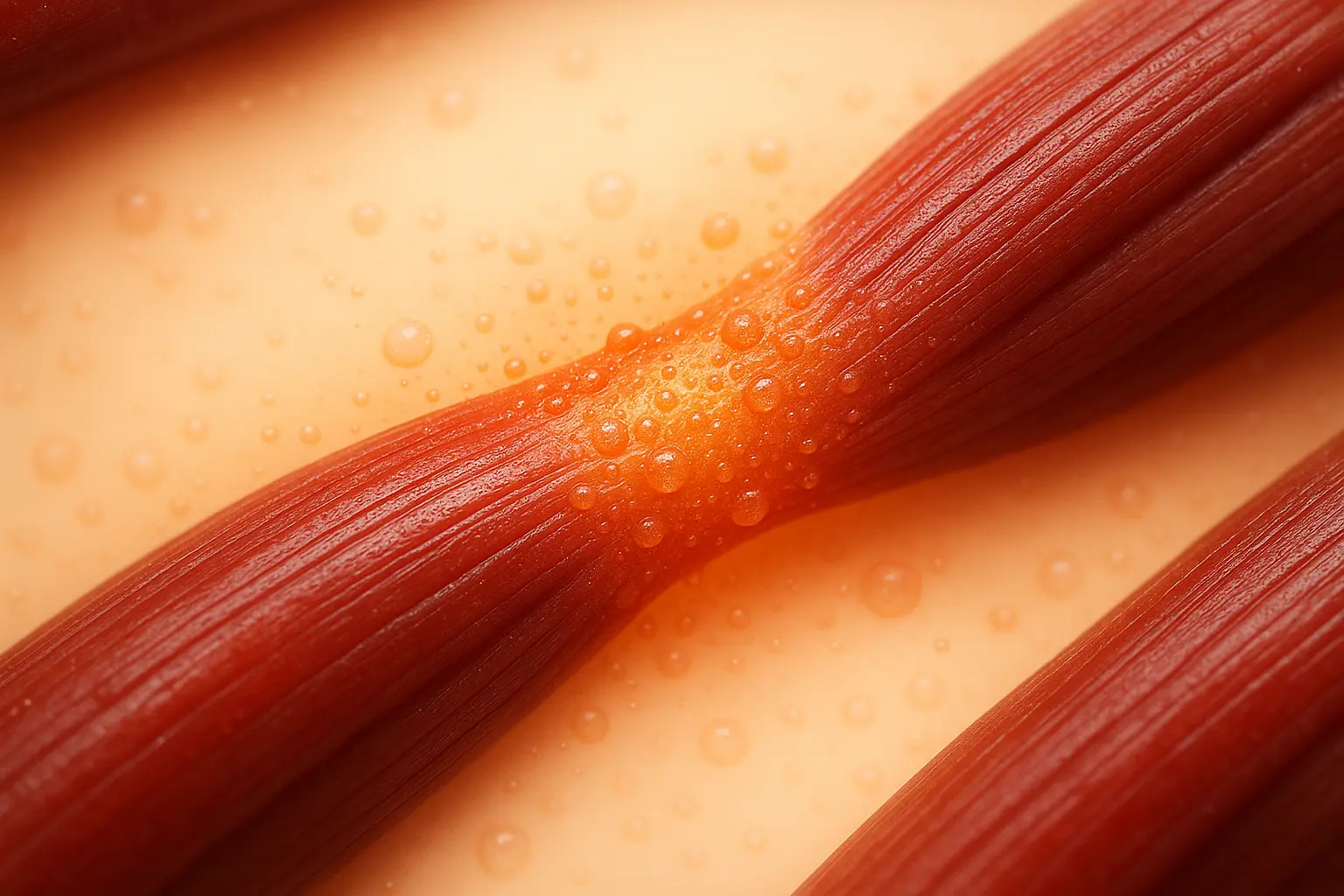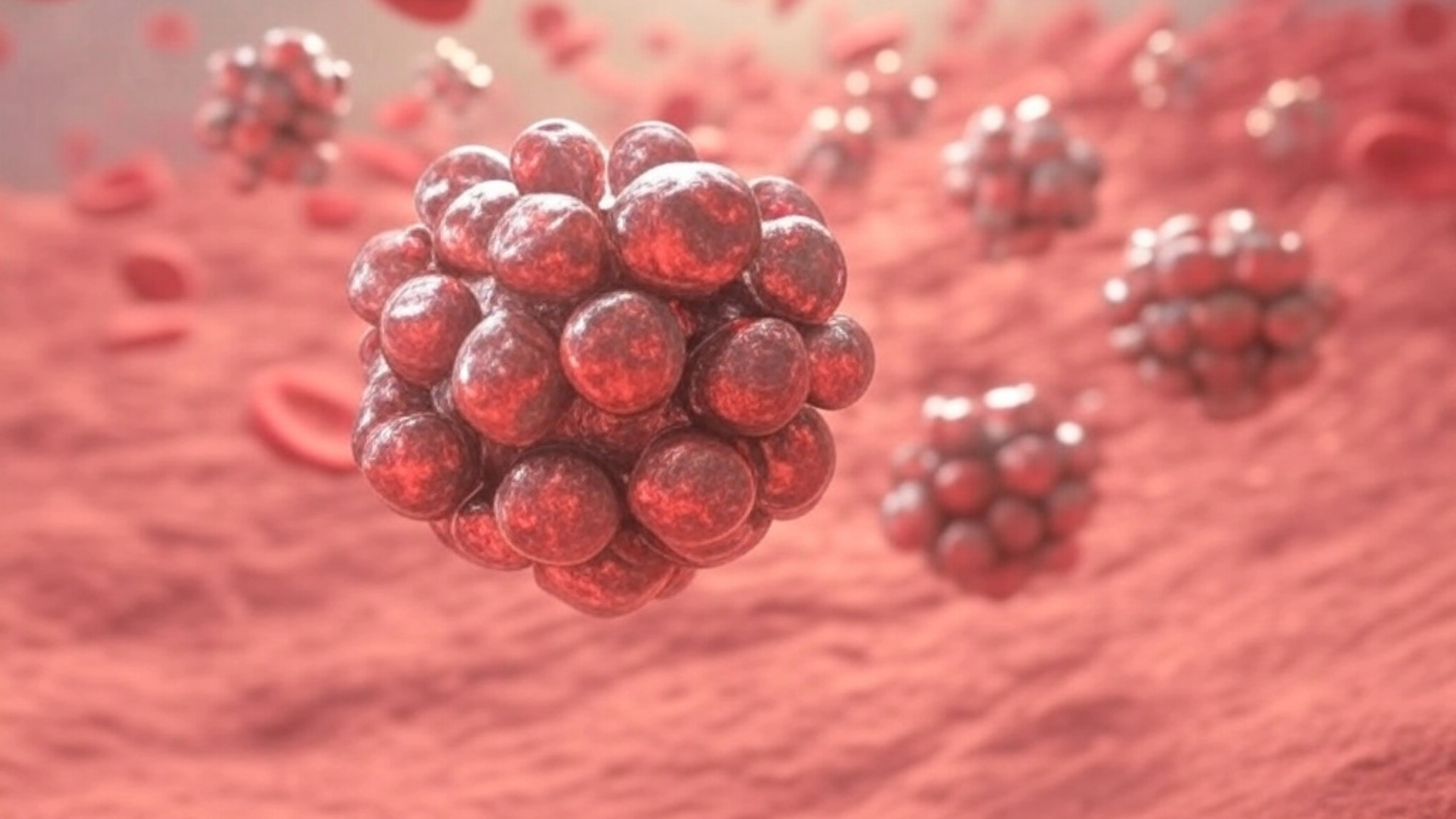Erectile Dysfunction: What’s the Deal?
Alright, so, erectile dysfunction (ED), which some folks used to call impotence, is when a guy has trouble getting or keeping things up for the bedroom action. Now, you might think this is just a problem for older dudes, but guess what? It can hit guys of all ages.
Can Young Dudes Get ED Too?
Yep, they sure can! It’s not just something your grandpa deals with. Around 11% of guys in their 30s and even some in their 20s can have ED. And here’s the kicker – more and more younger guys are going, “Hey doc, I need help with this!”
Why Does ED Happen at Any Age?
Well, there are a bunch of reasons. Stress, anxiety, and depression can mess with your mojo. So can carrying some extra weight, smoking, drinking too much, and even dabbling in recreational drugs. Not being active and messing around with workout supplements can also play a part.
Try making some lifestyle changes. You could start by doing things to relax and reducing stress, or by being more active and moving your body. Either one could help you get your groove back!
Getting Older and ED
Aging doesn’t directly cause ED, but it does increase the odds. By the time guys hit their 40s, they’re more likely to run into some ED. And that risk goes up about 10% for each decade after that.
As we get older, we’re more likely to have health issues that can mess with our plumbing. Stuff like diabetes, high blood pressure, clogged arteries (atherosclerosis), and low testosterone can all get in the way. Plus, some meds that older folks often take, like blood pressure pills, can have ED as a side effect.
So, What’s Behind ED?
ED isn’t a one-size-fits-all deal. It can be due to stuff like stress, anxiety, or poor lifestyle choices like eating junk and not moving enough. Or, it can be because of physical issues with your blood vessels, nerves, or hormones. Conditions like high blood pressure, heart trouble, obesity, and even injuries can lead to ED.
Remember, if you suspect ED, don’t just guess – see a doc. Sometimes, it can be a sign of other health problems.
What Are the Signs of ED?
The main thing is having trouble getting or keeping things ready for action down there. Some guys might still get it up but not as often or as long as they’d like. It’s pretty normal to have an off day, but if it’s happening a lot or getting worse, it might be time to chat with a healthcare pro.
ED Can Mess With Your Head and Heart
Physically, ED isn’t a biggie, but sometimes it could indicate more serious health problems like heart issues. No need to worry, though; just consult your doctor if you have any concerns.
Emotionally, it can mess with your head – causing stress, anxiety, low self-esteem, and relationship probs. And yeah, it’s not just for the older crowd. Younger guys might find it awkward to talk about because of the whole “old man” stereotype, but don’t sweat it – it’s pretty common for all ages.
How to Deal with ED
Now, here’s the good stuff – how to tackle ED. The best fix varies from one guy to another. Some dudes can turn things around by changing their lifestyle. Quitting smoking, cutting back on booze, staying in a healthy weight range, exercising regularly, eating well, and getting enough sleep – all of that can help.
If the head stuff, like stress or anxiety, is getting to you, talking to a mental health pro can make a difference.
And if you need a little boost, there are meds like Viagra (Sildenafil) and Cialis (Tadalafil).
And there you have it, folks: ED can affect guys of all ages, and there are plenty of ways to deal with it. If you or a buddy are dealing with this, don’t hesitate to reach out to the IAM team – we’ve seen it all and can help you get your mojo back on track!



